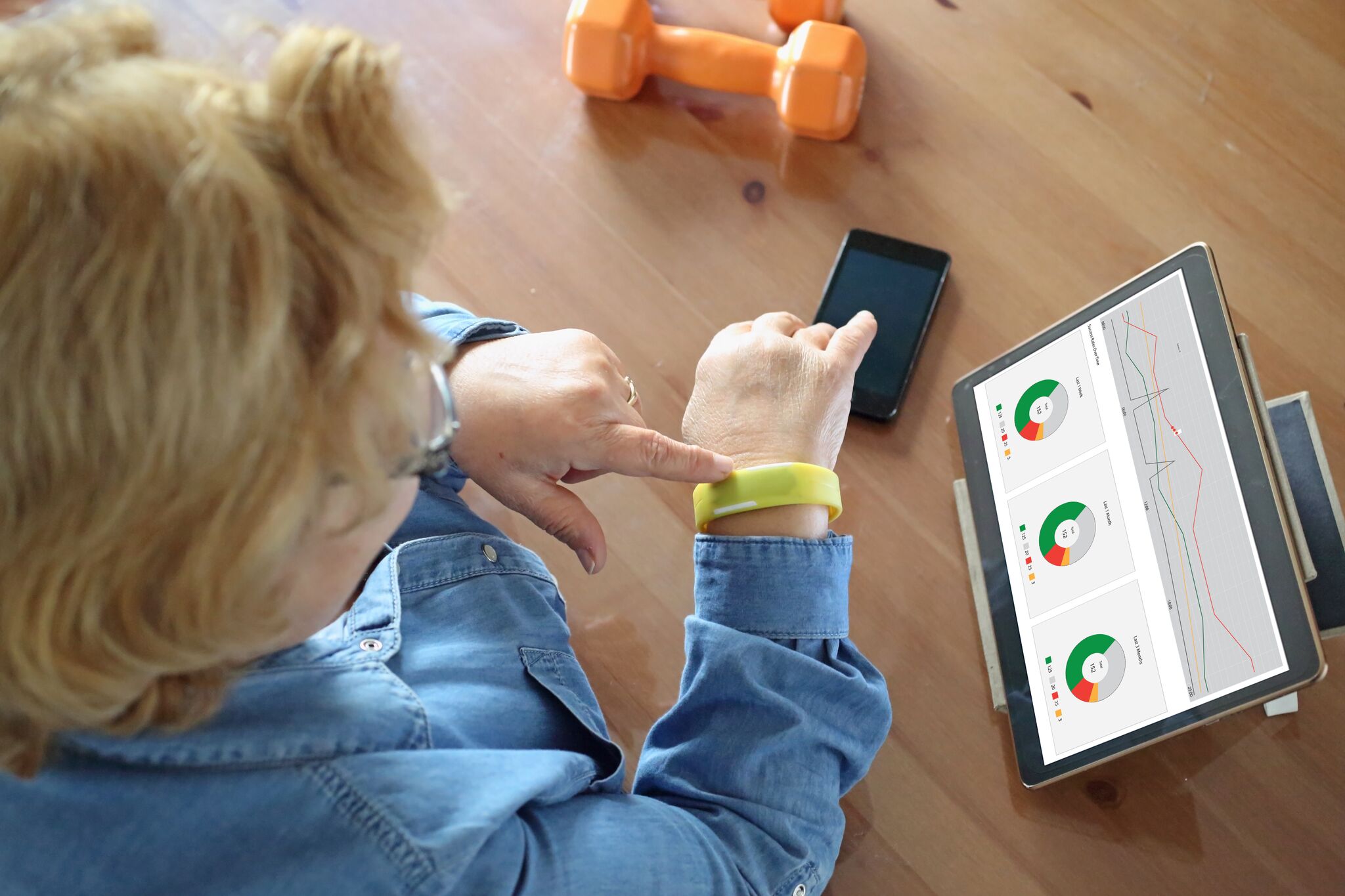
"This year has changed everything. COVID-19 has boosted the entire industry that requires remote patient monitoring five years forward.”
That summary of the year gone by comes from David Maman, co-founder and CEO of Israel-based Binah.ai, in a recent interview with Fierce Healthcare. For all the turmoil and heartache the pandemic has caused, more than a few health IT suppliers are recognizing opportunities to help patients, providers, employers and insurers with an array of new health monitoring tools.
In Binah’s case, that involves using AI and cameras built into phones and laptops to help remotely monitor vitals signs such as heart rate, oxygen saturation, respiration rate, heart rate variability and mental stress.
According to the company, “Binah.ai extracts vital signs using a video taken of the upper cheek region of the face and analyzes this with advanced AI and deep learning algorithms, including computer vision technology and signal processing.”
The new ready-to-use wellness monitoring solution, dubbed “Binah Team,” doesn’t require integration and includes a cloud-based management platform to enable any organization to instantly offer a health and wellness monitoring application to its employees, students or any other member.
According to the company, the new technology relies on remote photoplethysmographic imaging (rPPG), “which is a camera-based solution for non-contact cardiovascular monitoring and measures the changes in red, green and blue light reflected from the skin.”
Maman said Binah.ai's technology disrupts the remote health monitoring market as it doesn't require home medical equipment, sensors or wearables.
"With devices and wearables, there is never-ending friction from the cost of shipping to charging the devices to the learning curve for patients to use it," he said.
He added that the company offers a software development kit that enables organizations to integrate its technology into their existing wellness apps or services, and many large insurance companies in international markets already have integrated the app into their wellness programs.
The Binah Team app supports iOS and Android, can run on any Android mobile device launched during the last three to four years, and is available in 12 different languages.
"The COVID-19 pandemic significantly emphasized the need to rapidly deploy the technology across the globe. With Binah Team, we can now empower any organization, from any industry, to support their teams in their well-being efforts," Maman said.


